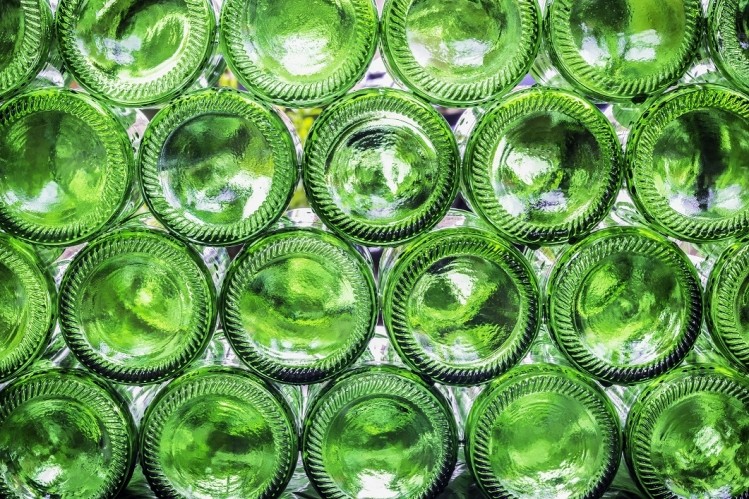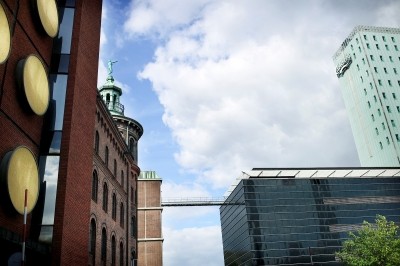‘How do we move forward in a sustainable way?’ Carlsberg CEO highlights the priority for the beer industry

The CEO of the Danish brewing giant used his keynote speech at the Brewers of Europe Forum in Antwerp this week to focus on sustainability: highlighting it as the biggest challenge for the industry.
He highlights the demand today’s millennials place on sustainability, saying that brewers must meet these expectations if they are to succeed in the future.
A changing category
Cees ‘t Hart says the beer category has moved forward in leaps and bounds over the last 10 years.
Central to its development has been innovation: widening the choice of beers for different consumers and different occasions. Evidence of activity and innovation in the sector is the 7,500 breweries in Europe today – double that of 2010.
Craft and speciality has been a key driver for the category: shifting focus from quantity to quality.
Brewers have also increased efforts to be more responsible: such as by voluntarily including nutritional information on beer, innovating in the low and no alcohol category, and promoting responsible drinking.
But what about the beer of tomorrow? These will all continue to be important issues moving forward, says Cees ‘t Hart – but adds that environmental considerations will become all the more important.
“Great things happened in beer over the last ten years. The biggest thing for us now, the new challenge, how do we make it sustainable? How do we move forward in a sustainable way?” he said.
Listen to millennials
Like other categories across F&B, millennials are an all-important target market for the beer industry. They have the ‘income of the future’, and will evolve differently from baby boomers, says ‘t Hart – in that they want to know about the footprint of what they eat, drink and use.
“They want us to listen to their concerns - and by that - they want us to change as well. They are worried about the future, they are worried about the Earth, and they want us to listen.
“These are the consumers with the money – and who vote with their wallets or with their feet – either they spend, or walk away from our category – or any other category. They really want us to have a more sustainable category.”
So what does it mean to be ‘sustainable’ in the beer category? It’s a concept that covers the entire chain through from raw materials to distribution, says ‘t Hart.
In agriculture, raw materials are increasingly under pressure from climate change and population growth. Solutions, says ‘t Hart, can involve sustainable farmer partnerships; developing climate-tolerant crop varieties or crops with increased yields; and carbon sequestration (removing carbon from the atmosphere).
Within breweries themselves, CO2 emissions and water usage is the key focus for brewing more sustainably. Solutions include reducing CO2 emissions – by turning away from fossil fuels and using green energy – and reducing water use and eliminating water waste.
In packaging, increasing recycling rates and boosting recycled content will help make the category more sustainable, as will increased innovation in packaging.
And brewers should also look at their distribution methods, says ‘t Hart: such as by turning to trains for mass transport and electric vehicles in cities.
“This story is about rethink, reduce, reuse and recycle,” he said.









